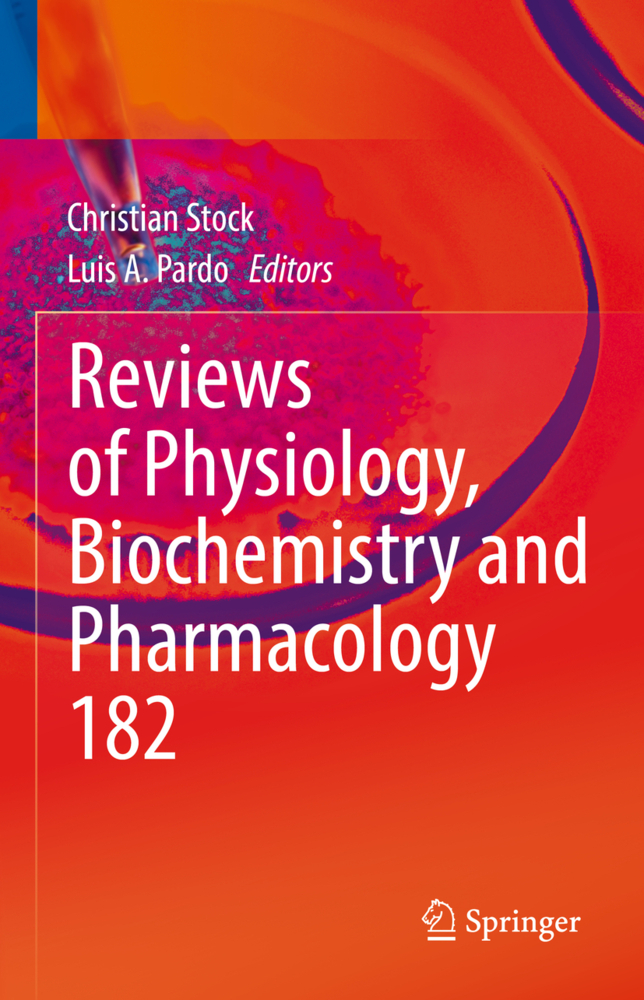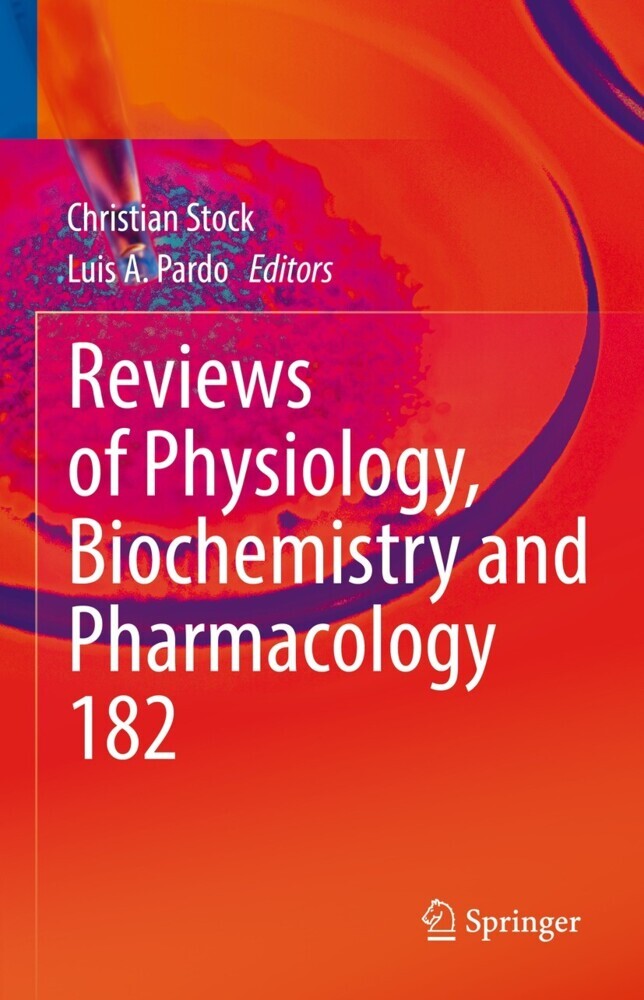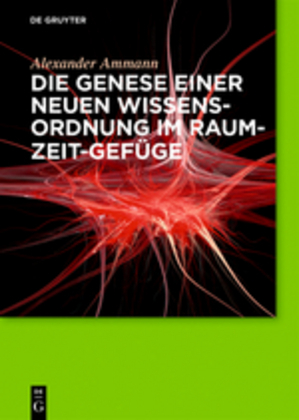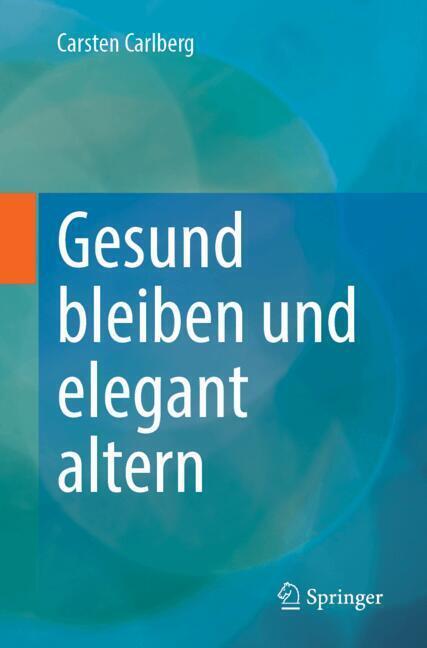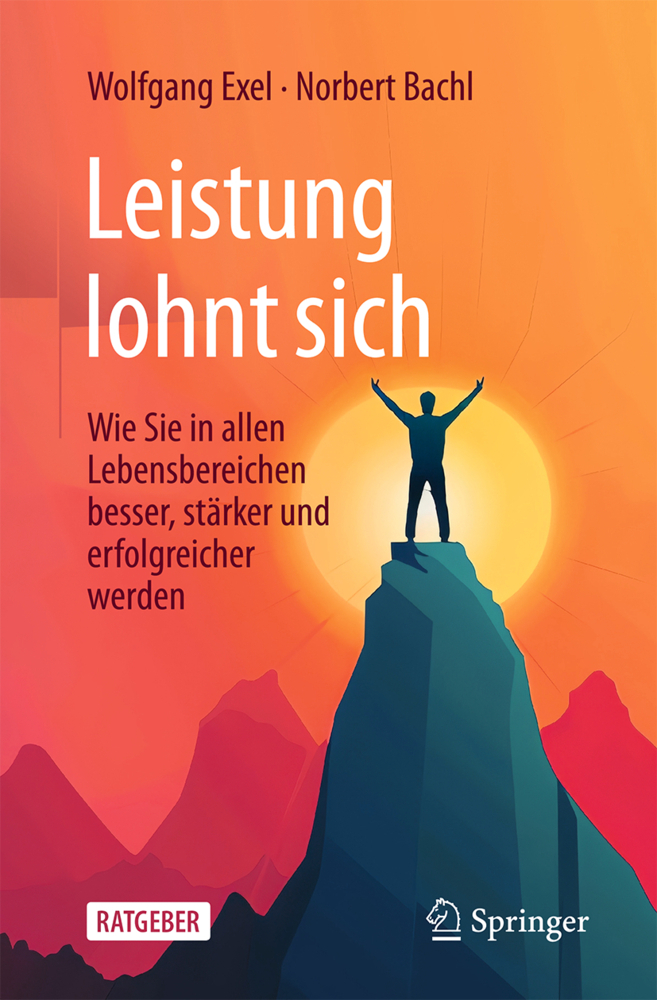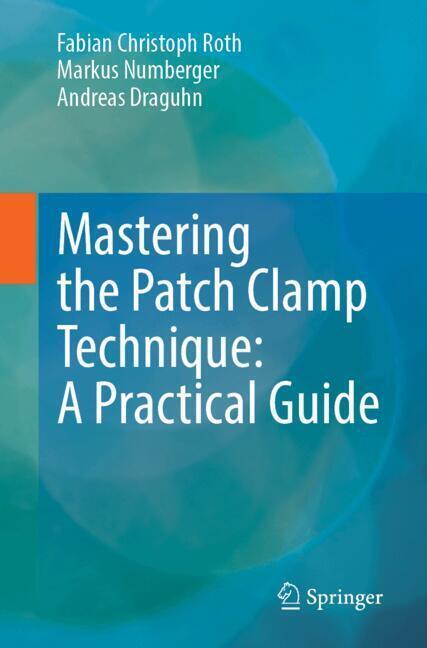From Malignant Transformation to Metastasis
From Malignant Transformation to Metastasis
This second book of the three-volume collection "Ion Transport in Tumor Biology" helps readers gain comprehensive knowledge of the pathophysiology of cancer. The authors highlight that ion transport proteins, channels and transporters - collectively referred to as the transportome - are significantly involved in the development and progression of cancer. Nearly 90% of malignant tumor diseases originate from epithelial cells, the function of which, for the most part, is based on the transportome. This volume focuses on molecular principles by showing that dysregulated expression and/or function of ion transporters have been correlated with malignancy in the vast majority of tumor diseases.
Within the story of the various chapters, the authors line out various malfunctions of the transportome and where they can be found at different stages of the metastatic cascade. The authors describe how the interactions between the tumor cells' transportome and the environment reinforce mesenchymal behaviour of cancer cells and contribute to their uncontrolled proliferation, migration, invasion, intra- and extravasation up to the formation of metastases. As part of a three-volume collection, this book will fascinate members of the active research community, as well as clinicians from the cancer field.
How Reciprocal Interactions Between the Tumor Microenvironment and Ion Transport Proteins Drive Cancer Progression.- Ion Channels, Transporters, and Sensors Interact with the Acidic Tumor Microenvironment to Modify Cancer Progression.- Role of pH Regulatory Proteins and Dysregulation of pH in Prostate Cancer.- Calcium-Permeable Channels in Tumor Vascularization: Peculiar Sensors of Microenvironmental Chemical and Physical Cues.- Circulating Tumor Cells: Does Ion Transport Contribute to Intravascular Survival, Adhesion, Extravasation, and Metastatic Organotropism?.
| ISBN | 978-3-030-99799-1 |
|---|---|
| Artikelnummer | 9783030997991 |
| Medientyp | Buch |
| Auflage | 1st ed. 2022 |
| Copyrightjahr | 2022 |
| Verlag | Springer, Berlin |
| Umfang | XV, 175 Seiten |
| Abbildungen | XV, 175 p. 40 illus., 20 illus. in color. |
| Sprache | Englisch |

